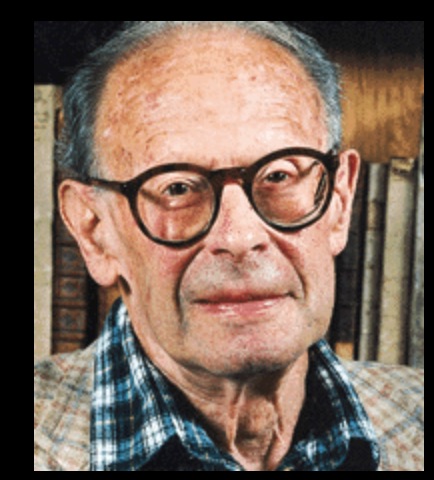
André Weil, was born on May 6, 1906 in Paris, France. He was a child prodigy who, by age 15, had learned Greek and Latin, as well as some German, English, and some Sanskrit. At this time, he was introduced to Jacques Hadamard, the mathematician who, together with de la Vallée Poussin, had proved the Prime Number Theorem. Hadamard became somewhat of a mentor in the years that followed. At age 16, André entered the Ecole Normale Superieure where he discovered the work of Riemann.
In the years that followed, a substantial portion of Weil’s research was devoted to proving the Riemann hypothesis that conjectures the locations of the zeroes of the Riemann zeta function. He was continually seeking ideas from other branches of mathematics that might offer clues to a proof. In an interview in 1979, he commented, “In the past it sometimes occurred to me that if I could prove the Riemann hypothesis, formulated in 1859, I would keep it secret in order to reveal it only on the occasion of its centenary in 1959. Since 1959, I have felt that I am quite far from it; I have gradually given up, not without regret.” However, he did a prove the Riemann hypothesis for curves over finite fields
André Weil was one of the great twentieth century mathematicians, having made notable advances in at least eight of the nineteen areas of pure and applied mathematics recognized by the International Mathematical Union. In addition, he did foundational work on uniform spaces, characteristic classes, modular forms, Kahler geometry, the use of holomorphic fiber bundles in several complex variables, and the geometric theory of theta functions. Using his concept of the adele ring, he gave a proof of the Riemann–Roch theorem, and laid the foundations of algebraic geometry.
In his book, The Apprenticeship of a Mathematician, he states: Every mathematician worthy of the name has experienced … the state of lucid exaltation in which one thought succeeds another as if miraculously… this feeling may last for hours at a time, even for days. Once you have experienced it, you are eager to repeat it but unable to do it at will, unless perhaps by dogged work..
